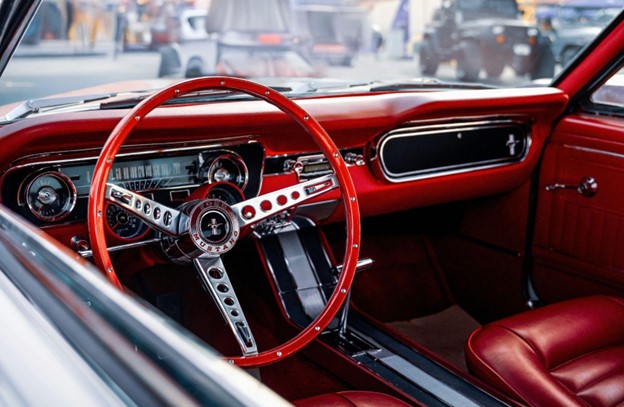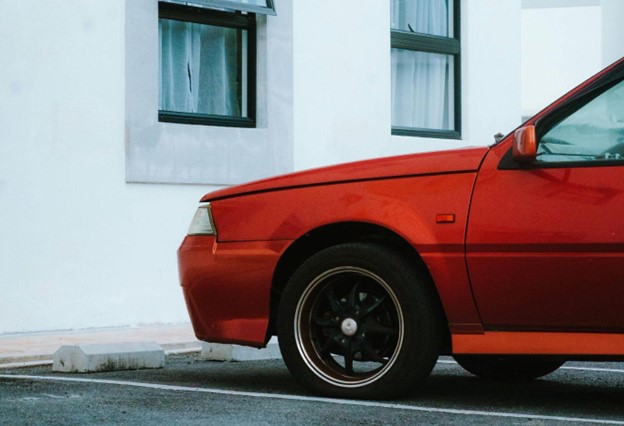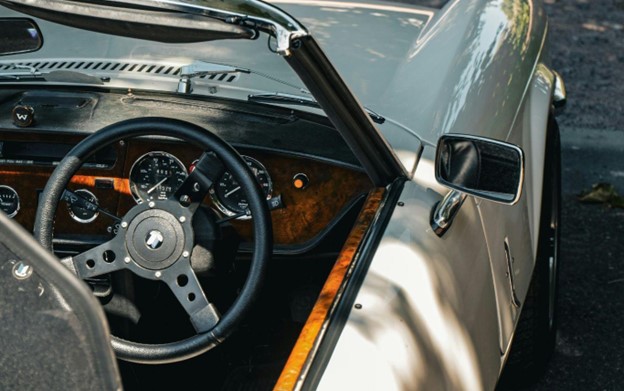
How to Identify and Fix Common Differential Problems
Most drivers never think about their car’s differential until something goes wrong. Yet, this crucial component plays a major role in how your vehicle drives, particularly when turning. Without a functioning differential, your wheels wouldn’t rotate at the correct speeds, leading to poor handling and accelerated tire wear. If you’ve noticed odd sounds, car vibrations, or handling problems, it might be time to look into differential repair.
In this guide, we’ll break down what the differential does, the most common issues you might encounter, and how to fix or prevent them. By catching problems early, you can save yourself from costly repairs and extend the life of your vehicle.
What Does the Differential Do?
Think of the differential as the “middleman” between your engine and wheels. When you turn, the inner wheels need to rotate slower than the outer ones. The differential ensures each wheel spins at the right speed, giving you smooth handling. Without it, cornering would feel jerky, and your tires would drag against the pavement, wearing out faster than usual.
Differentials are part of the larger drivetrain system, which includes the driveshaft, axles, and transmission. Because of this close relationship, differential issues often show up as broader drivetrain issues, which is why spotting early warning signs is so important.
How to Spot Differential Problems
Differential problems don’t happen overnight. Your car will usually send signals that something is wrong. Here are the most common signs:
1. Strange Differential Noise
A whining or howling sound is one of the first indicators of trouble. This noise often appears during acceleration, deceleration, or while turning. Low or contaminated differential fluid is a common cause, but worn-out gears or bearings could also be the culprit. If the noise persists after a fluid check, schedule a professional differential repair immediately.
2. Car Vibrations and Shuddering
If you feel unusual car vibrations, especially at higher speeds, your differential could be struggling. Misaligned gears, a failing driveshaft, or worn U-joints can create these vibrations. It’s important not to ignore them, as they can affect overall driving stability and damage other drivetrain components.
3. Fluid Leaks
Leaking gear oil is another telltale sign of differential trouble. Check for wet spots or puddles under the center of your car. Without enough lubrication, the metal gears inside the differential grind against each other, leading to expensive damage. A simple gasket or seal replacement might fix the issue, but prolonged leaks often require more extensive repairs.
4. Trouble Turning
If your car feels stiff or jerks when making turns, the differential might not be doing its job. This can indicate worn gears, bad bearings, or internal damage. Ignoring this issue can cause uneven tire wear and increased strain on your drivetrain.
Common Causes of Differential Issues
Differential problems typically arise from neglect or normal wear and tear. Here are a few common culprits:
- Old or Contaminated Fluid: Over time, differential oil breaks down and collects debris, reducing its ability to lubricate gears.
- Heavy Towing or Off-Roading: Straining your vehicle with heavy loads or rough driving conditions accelerates gear and bearing wear.
- Poor Maintenance: Skipping fluid changes or routine inspections allows small problems to snowball into major drivetrain issues.
Fixing Differential Problems: What You Can Do
When you notice any of the warning signs above, your first step should be a differential inspection. Here’s what you can try:
1. Check and Replace Differential Fluid
Fresh gear oil can sometimes resolve minor issues like whining or humming noises. Your owner’s manual will specify when to replace it, but a good rule of thumb is every 30,000 to 60,000 miles, depending on your driving habits.
2. Seal Small Leaks
If you spot a small leak, replacing the gasket or tightening bolts might solve the issue. However, if the leak has persisted for a while, you may need a more thorough differential repair to avoid internal damage.
3. Leave Major Repairs to Professionals
Internal differential repairs, like replacing bearings or gears, require special tools and expertise. DIY fixes can worsen the problem if done incorrectly. For serious issues like grinding gears or persistent car vibrations, it’s best to take your vehicle to a trusted repair shop.
Preventing Future Differential Problems
The good news is that most differential problems are preventable. Here’s how to keep yours running smoothly:
- Stay on Top of Maintenance: Regular fluid checks and changes are the simplest ways to keep your differential healthy.
- Listen and Feel for Changes: Odd noises or new vibrations are your car’s way of asking for help. Don’t ignore them.
- Drive Smart: Avoid overloading your vehicle or driving aggressively, as this adds unnecessary strain on the drivetrain.
- Get Routine Inspections: Having your differential inspected during oil changes or tire rotations can catch problems early.
Why Choose Uncle D’s Differential Repair Services?
If you’re in Hollywood, FL, and your car is showing signs of differential trouble, Uncle D’s Transmissions & Auto Repair is the place to go. Known for our expert team and reliable service, we specialize in diagnosing and fixing even the trickiest drivetrain issues. From routine fluid changes to full rebuilds, we’ve got you covered.
What sets us apart? Our commitment to customer care. At Uncle D’s differential repair services, you’ll get honest assessments, high-quality parts, and workmanship that ensures your vehicle stays road-ready for years to come.
Schedule an appointment with us for a diagnostic check or repair service.



